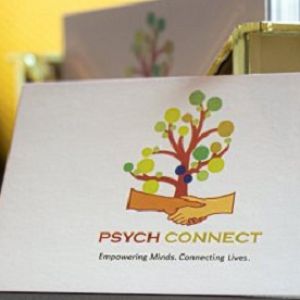Outcomes of Forming Children into Social Skills GroupsPosted by Psych Connect on December 24th, 2019 Children are equally a part of the socially interactive world. There are a certain set of rules and practices that facilitates effective interaction and communication in them. To create a healthy environment for children certain positive interpersonal skills such as delegation, observation, active listening, teamwork, flexibility, motivation, patience, and whatnot have to teach initially to avoid the conclusions of bad interpersonal skills. Children adapt what they see and listen, if their social environment lacks quality and support then they are likely going to form a world of poor etiquettes and unfamiliarity. To overcome the thinking and learning differences in children many teachers, professionals, therapists, have created a social skills group. These groups not only improve their interpersonal skills but also help in practicing them important life skills. What is a social skills group? Social skills groups are small groups that act as a platform maintained for children to promote discipline and social skills in them. The practice is governed by thoughts, beliefs, behavior, and attitude. Creating building blocks of social skills helps a child to interact and communicate without asking for assistance. The focus of creating such groups includes child development through cognitive behavioral therapy with a defined vision and objective. Social Skills Group Techniques A social skills group flourishes with certain techniques that promote a child’s development by creating an environment of positivity and social interaction.
How social skills group helps children? Children need to prosper with high intellectual and effective communication skills. That is why social skills groups are formed so that effective training for promoting social interaction should be given to them. These groups have widely become an integral part of human’s life in numerous ways.
Developing a social skills group is not only important for children but for elders also so that they can become familiar and aware of training their children to socialize from initial years. Therefore, it is important to promote such groups in order to promote a child’s mental, physical, and social development. Like it? Share it!More by this author |



